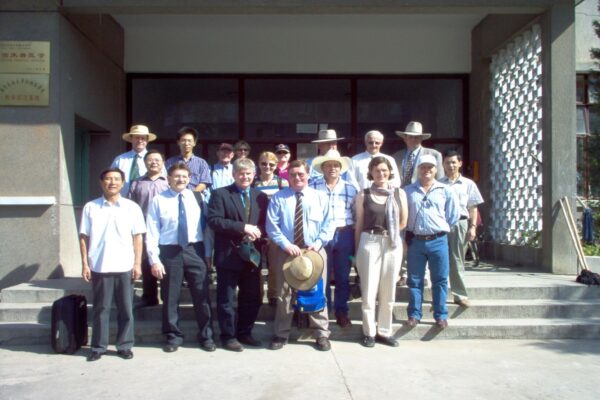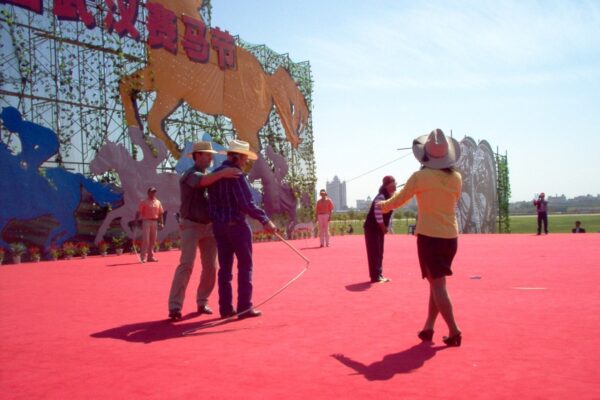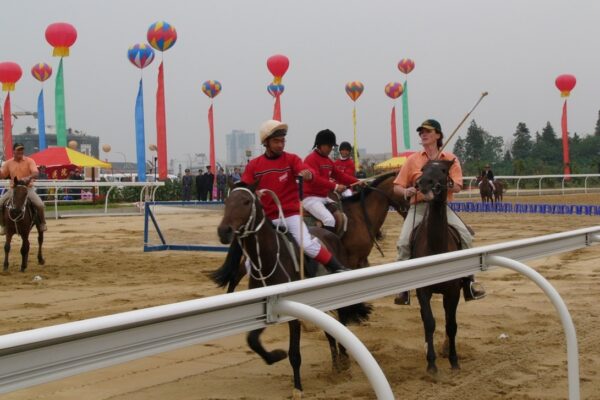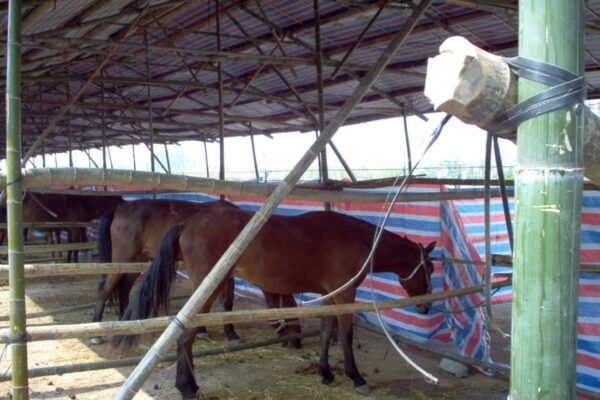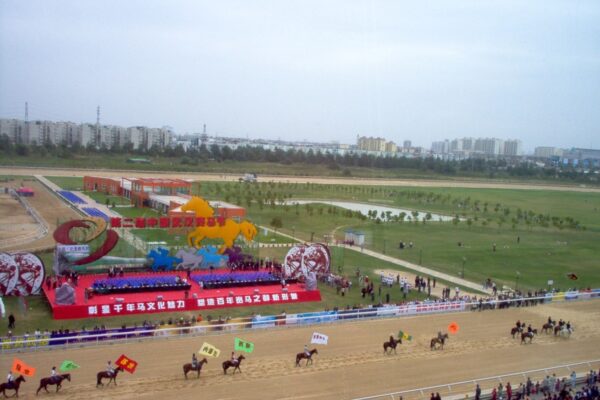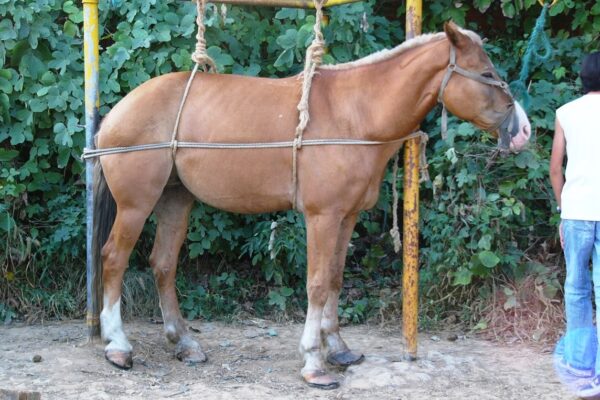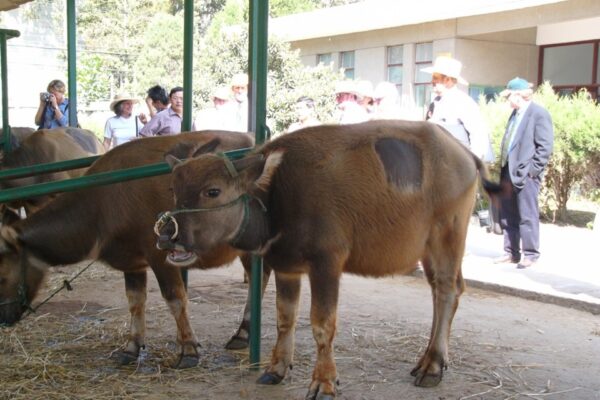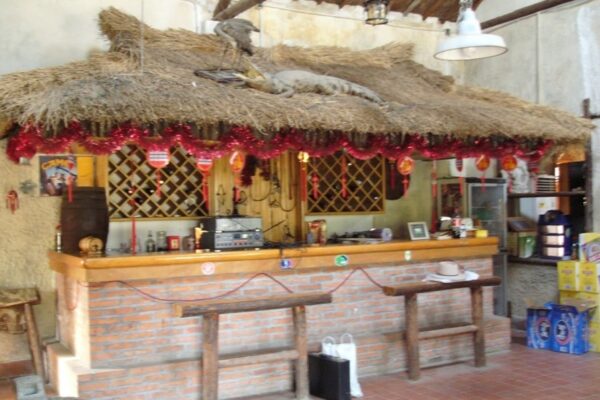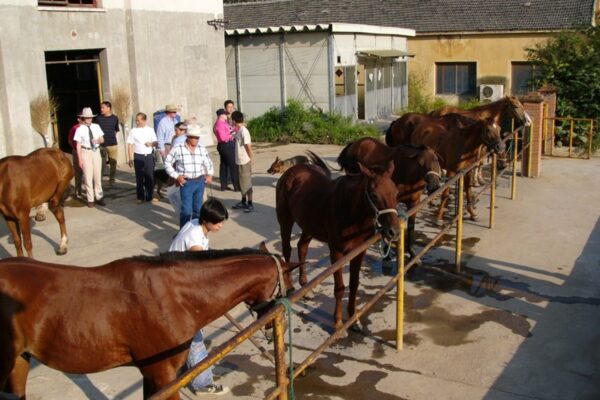Havelock Ellis
See also: Havelock Ellis – Wikipedia
Henry Havelock Ellis, known as Havelock Ellis (2 February 1859 – 8 July 1939), was a British physician, writer, and social reformer who studied human sexuality. He was co-author of the first medical textbook in English on homosexuality in 1897, and also published works on a variety of sexual practices and inclinations, including transgender psychology. He is credited with introducing the notions of narcissism and autoeroticism, later adopted by psychoanalysis. He served as president of the Galton Institute and, like many intellectuals of his era, supported eugenics.
In April 1875, Ellis sailed on his father’s ship for Australia; soon after his arrival in Sydney, he obtained a position as a master at a private school. After the discovery of his lack of training, he was fired and became a tutor for a family living a few miles from Carcoar. He spent a year there and then obtained a position as a master at a grammar school in Grafton. The headmaster had died and Ellis carried on the school for that year, but was unsuccessful.
At the end of the year, he returned to Sydney and, after three months’ training, was given charge of two government part-time elementary schools, one at Sparkes Creek, near Scone, New South Wales and the other at Junction Creek. He lived at the school house on Sparkes Creek for a year. He wrote in his autobiography, “In Australia, I gained health of body, I attained peace of soul, my life task was revealed to me, I was able to decide on a professional vocation, I became an artist in literature . . . these five points covered the whole activity of my life in the world. Some of them I should doubtless have reached without the aid of the Australian environment, scarcely all, and most of them I could never have achieved so completely if chance had not cast me into the solitude of the Liverpool Range.”
He resolved to return to England and sailed in La Hogue in January 1879. On 27 February he confided in his diary: ‘These three years I have spent in Australia seem to me like those three during which Paul was in Arabia’.
